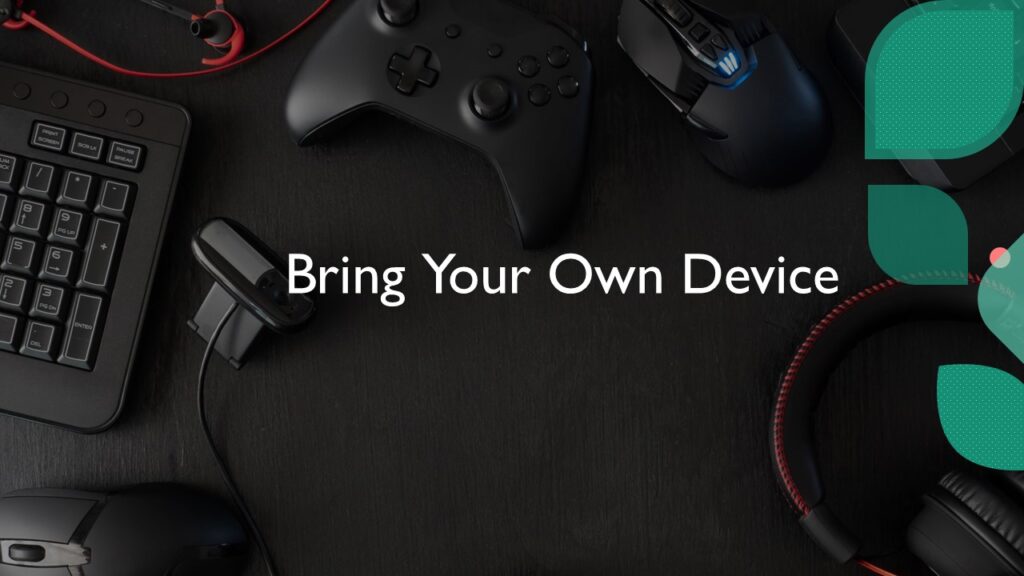Bring Your Own Device – BYOD – Security Controls
Bring Your Own Device – Security Controls

Bring Your Own Device (BYOD) policies have become increasingly popular among organizations, as they offer employees flexibility and improved productivity while reducing the cost of providing devices. However, these policies can pose significant security risks to companies, as personal devices may not have the same level of security controls as company-provided devices.
One of the key security risks associated with BYOD policies is data leakage, which occurs when employees inadvertently or intentionally share sensitive company data through their personal devices that may not have adequate security controls or encryption. Malware infections on personal devices can also compromise company data and systems, making the need for robust security controls more essential.
Access control to company resources and applications can be more challenging when employees are using their personal devices, particularly if devices are lost or stolen. Compliance with regulatory requirements or industry standards, such as HIPAA or PCI DSS, can also be challenging under a BYOD policy, which may result in significant fines and reputational damage.
To mitigate these risks, organizations can implement several security controls, such as Mobile Device Management (MDM) solutions, which can provide centralized management and control of personal devices. MDM solutions can enforce security policies, configure settings, and remotely wipe data. Additionally, companies can require employees to encrypt company data on personal devices to help protect against data leakage in case of device loss or theft.
Access controls, such as multi-factor authentication, can ensure that only authorized individuals can access company resources and applications. Finally, employees should receive training and awareness on the risks and best practices associated with BYOD policies, such as avoiding public Wi-Fi networks and keeping devices up-to-date with security patches.
Overall, BYOD policies offer significant benefits to organizations, but they must be implemented with careful consideration of the associated security risks and the appropriate security controls to mitigate those risks. By implementing these security controls and best practices, organizations can safely and effectively implement a BYOD policy while protecting company data and systems.
#BYODsecurity #securitycontrols #dataencryption #accesscontrol #MDMsolutions


